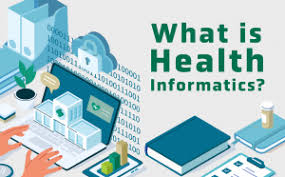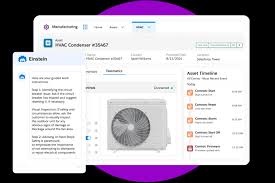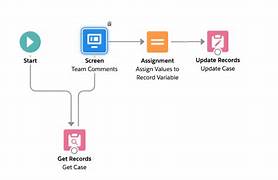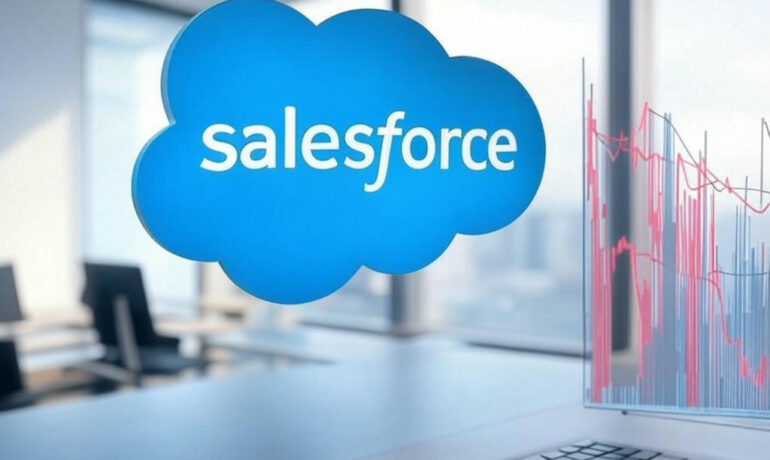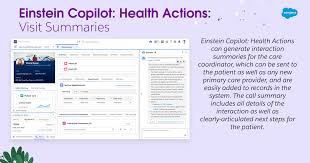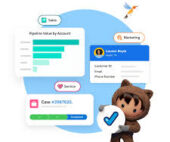Primary care in the United States urgently needs a redesign, as rural hospital closures and a shortage of providers are severely limiting access for nearly one-third of the population. While advanced technologies like virtual care have helped expand primary care access, there is still a strong preference for in-person visits. To address this, healthcare providers must create a hybrid care model that integrates both virtual and in-person services to better meet patient needs. Hackensack Meridian Health, a New Jersey-based health system, has embraced an AI-based solution to establish this hybrid care model. Through a partnership with K Health, the system aims to create a seamless patient journey that fluidly transitions between virtual and in-person care as needed. According to Dr. Daniel Varga, chief physician executive at Hackensack Meridian Health, the need for this partnership became apparent during the COVID-19 pandemic, which disrupted in-person care across New Jersey. “Before the pandemic, we did zero virtual visits in our offices,” Varga said. “By early 2020, we were doing thousands per day, and we realized there was real demand for it, but we didn’t have the skill set to execute it properly.” With the support of K Health, Varga believes the health system now has the technology and expertise to integrate AI-driven virtual care into its network of 18 hospitals. However, successful implementation requires overcoming technology integration challenges. The AI-Powered Virtual Care Solution The partnership between Hackensack Meridian Health and K Health has two key components, Varga explained. The first is a 24/7 AI-driven virtual care service, and the second is a professional services agreement between K Health’s doctors and the Hackensack medical group. The AI system used in the virtual care platform is built to learn from clinical data, distinguishing it from traditional symptom-checking tools. According to K Health co-founder Ran Shaul, the AI analyzes data from patients’ EHRs and symptom inputs to provide detailed insights into the patient’s health history, giving primary care providers a comprehensive view of the patient‘s current health concerns. “We know about your chronic conditions, your recent visits, and whether you’ve followed up on key health checks like mammograms,” Shaul explained. “It creates a targeted medical chart rather than a generic symptom analysis.” In addition, K Health’s virtual physicians and Hackensack Meridian’s medical group are integrated, sharing the same tax ID and EHR system, which ensures continuity of care between virtual and in-person visits. Varga highlighted that this integration allows for seamless transitions between care settings, where virtual doctors’ notes are readily available to in-person providers the following day. “If a patient sees a virtual doctor at 2 a.m., I have the 24/7 notes right in front of me the next morning in the office,” Varga said. The service is accessible to all patients, including new patients and those recently discharged from Hackensack Meridian Health’s inpatient services who require follow-up care. Overcoming Challenges in Implementation Deploying an AI-driven virtual care system across 18 hospitals presents significant challenges, but Hackensack Meridian Health has developed several strategies to ensure smooth implementation. First, the health system provided training to all 36,000 team members to familiarize them with the platform. Additionally, a dedicated team was created to enhance collaboration between the traditional medical group and the virtual care team. One major focus was connecting hospitals and 24/7 virtual care services to ensure continuity of care for patients leaving emergency departments or being discharged from inpatient care. “Many patients don’t have a primary care doctor when they leave the hospital,” Varga explained. “With this virtual service, we can immediately book a virtual appointment for them before they leave the ED.” Provider Hybrid Care Models provide better patient care, follow-up, and outcomes. The system also offers language accessibility, with patients able to interact with the platform in Spanish and request Spanish-speaking clinicians. This feature is part of the health system’s broader strategy to break down barriers to care access and improve health equity. Improving Access and Health Equity-Provider Hybrid Care Model Shaul noted that the convenience of scheduling virtual appointments at any time helps patients who would otherwise struggle to see a doctor due to work schedules or long travel distances. The virtual care service also addresses the needs of patients with limited English proficiency, allowing them to access care in their native language. By connecting patients who lack a usual source of care with primary care providers through the virtual platform, Hackensack Meridian Health aims to close care gaps. Access to primary care is critical for improving health outcomes, yet the number of Americans with a regular source of care has dropped by 10% in the past 18 years. This decline disproportionately affects Hispanic individuals, those with lower education levels, and the uninsured. Varga emphasized that the virtual care service aligns with Hackensack’s goal of meeting patients where they are—whether virtually, in their hospitals, or at brick-and-mortar medical offices. “The reason we have such a geographically diverse spread of sites is that we believe in meeting patients where they are,” Varga said. “If that means a virtual visit, we’ll meet them there. If it means the No. 1 ranked hospital in New Jersey, we’ll meet them there. And if it’s a medical office, that’s where we’ll meet them.” Salesforce and Tectonic can help your provider solution offer the same diversity. Contact us today! Heath and Life Sciences are winning a competitive edge with Salesforce for better patient outcomes. Like Related Posts Salesforce OEM AppExchange Expanding its reach beyond CRM, Salesforce.com has launched a new service called AppExchange OEM Edition, aimed at non-CRM service providers. Read more Salesforce Jigsaw Salesforce.com, a prominent figure in cloud computing, has finalized a deal to acquire Jigsaw, a wiki-style business contact database, for Read more Service Cloud with AI-Driven Intelligence Salesforce Enhances Service Cloud with AI-Driven Intelligence Engine Data science and analytics are rapidly becoming standard features in enterprise applications, Read more Health Cloud Brings Healthcare Transformation Following swiftly after last week’s successful launch of Financial Services Cloud, Salesforce has announced the second installment in its







